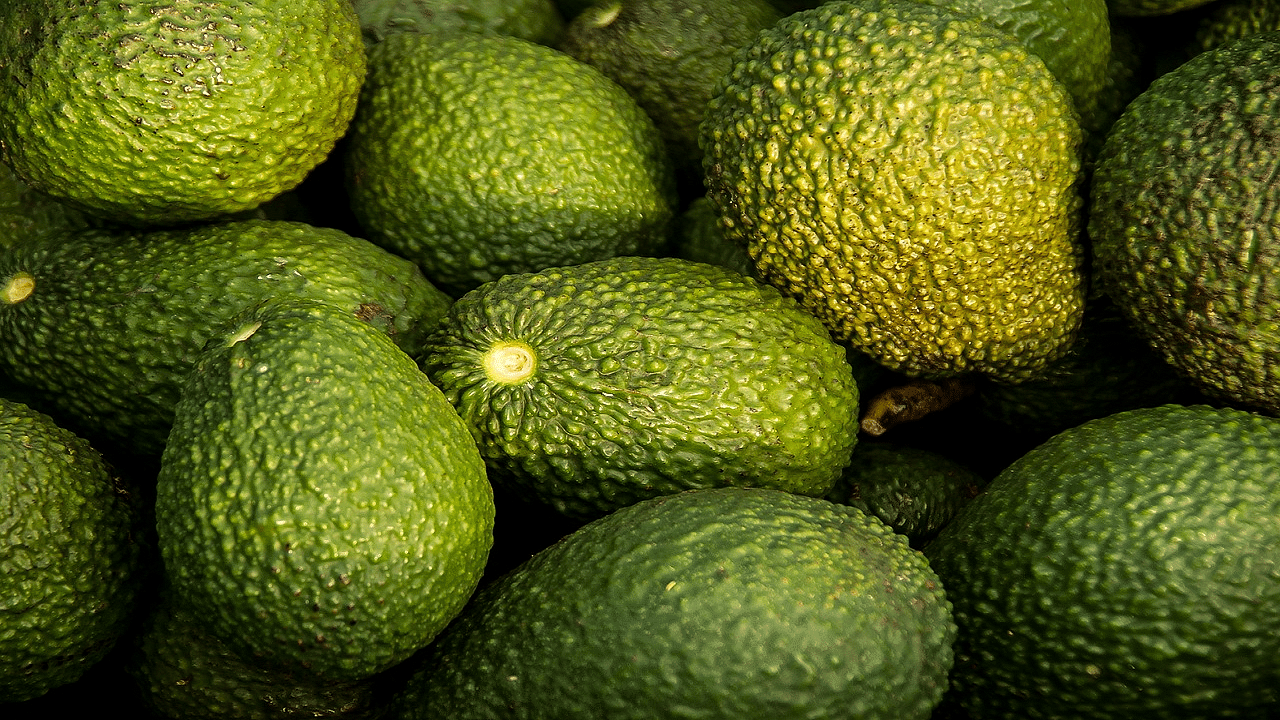
In India, avocados can be grown successfully with specific conditions. They thrive in warm and humid climates, with temperatures ranging from 20 to 28 degrees Celsius and a minimum annual rainfall of 1000 mm. Well-drained soil rich in organic matter are essential for their growth.
To plant avocado trees, it is important to select a sunny location with good air circulation. Proper spacing of 8-10 meters between trees allows for optimal growth. Regular watering is necessary, but waterlogging should be avoided. Care should be taken with the use of fertilizers and pesticides as avocados are sensitive to chemical residues. Regular pruning is recommended to encourage healthy growth and remove any dead or diseased branches. While growing avocados in India requires significant time and resources, diligent attention and care can lead to a fruitful harvest of delicious and nutritious fruit.
Choosing The Right Variety Of Avocado For Indian Climate
When selecting an avocado variety suitable for the Indian climate, it is crucial to take into account its ability to withstand heat and humidity, as well as its resistance to prevalent pests and diseases. Several avocado varieties have been identified to thrive in India, such as:
Temperature And Sunlight
Modern avocado varieties are typically suited to warm climates and can tolerate temperatures as low as 25°F (-4°C). However, extreme temperature fluctuations and low temperatures can greatly limit avocado cultivation. Young avocado trees are especially sensitive to temperatures exceeding 104°F (40°C).
For optimal growth, avocado plants thrive in soil temperatures ranging from 68 to 77°F (20 to 25°C). Root growth is significantly hindered by temperatures below 50°F (10°C) and above 86°F (30°C). In order to flower, avocado trees require a minimum of four weeks of cool weather during the fall and winter, although temperatures below 50°F (10°C) can hinder blossoming.
Regarding sunlight, most avocado cultivars need about six to eight hours of sunlight daily. Adequate exposure to sunlight is crucial for healthy growth and fruit production through the process of photosynthesis.
Water And Humidity
Avocado trees are known for their high-water consumption, but the exact amount required for successful farming depends on factors like climate, soil type, and tree age. On average, mature trees need approximately 40 to 50 inches (1,000 to 1,300 millimeters) of rainfall annually. An ideal humidity range of 60 to 80 per cent is favourable, but farming is still feasible with humidity levels below 40%, as long as other growing conditions are suitable. However, this increases the risks of water stress, pests, and flower and fruit drop. Excessive humidity can lead to fungal diseases, so it is crucial to maintain a balanced ecosystem by ensuring appropriate humidity levels, sufficient air circulation, adequate tree spacing, regular pruning, and avoiding waterlogging.
Soil And Nutrients
Avocado farming can be carried out in various soil types, but it is important to avoid waterlogged environments as avocado plants cannot survive in such conditions. Additionally, they have a low tolerance for soil salinity. The optimal pH range for avocado cultivation is between 5 and 7. Avocado trees thrive best in slightly acidic soils with a pH of 6 to 7, but they can also be grown in alkaline soils as long as they have good drainage.
To achieve successful avocado farming, it is crucial to incorporate ample organic matter into the soil. Organic matter serves multiple purposes, keeping the soil moist and providing essential minerals like nitrogen, phosphorus, and potassium to plants. Poor-quality soils can be improved by adding aged manure or compost. The addition of organic matter to compacted soil helps mitigate the negative effects of overwatering by enhancing root growth and promoting better oxygenation.
Tips And Tricks for Successfully Cultivating Avocados In India
Successfully growing avocados in India can be a challenge, but with the right care and attention, you can achieve a fruitful harvest of tasty and nutritious fruit. Here are some tips and suggestions to help you successfully grow avocados in India:
-
Select the appropriate variety: It is crucial to choose avocado varieties that are well-suited to the Indian climate and soil conditions. Look for varieties that are resistant to common pests and diseases.
-
Create the ideal environment: Avocado trees thrive in warm and humid climates, with temperatures ranging from 20 to 28 degrees Celsius. Ensure that the location receives adequate rainfall, at least 1000mm per year. Additionally, avocados require well-drained soil that is rich in organic matter.
-
Prune properly: Regular pruning is essential for promoting healthy growth and removing dead or diseased branches. Pruning also helps maintain the tree's shape and size.
-
Manage pests and diseases: Regularly monitor your avocado trees for signs of pests and diseases. Take appropriate measures to prevent and control these issues, using pesticides and fungicides judiciously and following the manufacturer's instructions.
-
Consider grafting: Avocado trees are commonly propagated through grafting, which involves using a rootstock that is more tolerant to local conditions. This ensures the tree's ability to thrive in the specific environment.
-
Implement proper irrigation and fertilization: Avocado trees require consistent moisture, but avoid waterlogging the soil. Monitor soil moisture levels and provide adequate irrigation, particularly during the dry season. Additionally, use a well-balanced fertilizer containing nitrogen, phosphorus, and potassium.
-
Seek local expertise: Consult local experts or agricultural extension offices for region-specific recommendations and guidance. They can provide valuable insights and help you navigate any challenges you may face.
In conclusion, growing avocados in India demands a significant investment of time and resources. However, with proper care and attention, you can enjoy a rewarding harvest of delicious and nutritious fruit.
















